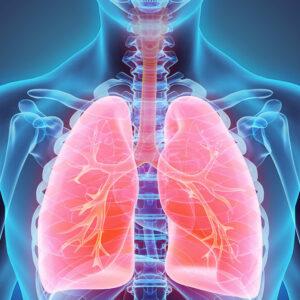
Diagnosis & Prevention
Non-Small Cell Lung Cancer – Causes, Symptoms, and Treatment
Non-small cell lung cancer or non-small cell lung carcinoma is the most prevalent type of lung cancer. There are mainly two types of lung cancers, which are non-small cell lung cancer (NSCLC) and small cell lung cancer. Lung carcinoma is a condition in which the lung cells become abnormal, as a result, grow out of control. These abnormal or cancer cells develop rapidly and spread to other parts of the body. Prevalence and causes of non-small cell lung cancer Among the lung cancer cases in the country, almost 80-85% are of non-small cell lung cancer type, and only about 10-15% is of the small lung cancer type. The symptoms and treatment for these two types of lung cancer vary. There are many subtypes of NSCLC, namely, adenocarcinoma, squamous cell carcinoma, large cell carcinoma, and sarcomatoid carcinoma. The NSCLC type is a serious condition that cannot be reversed but prevented from getting worse. Majority of those affected by this type of lung cancer are smokers or have been exposed to smoke. Exposure to radon, asbestos, air pollution, metal or mineral dust, or radiation is likely to cause this disease. Symptoms of non-small cell lung cancer It is difficult to detect this disease during the early stages because the symptoms are not easily detectable.












